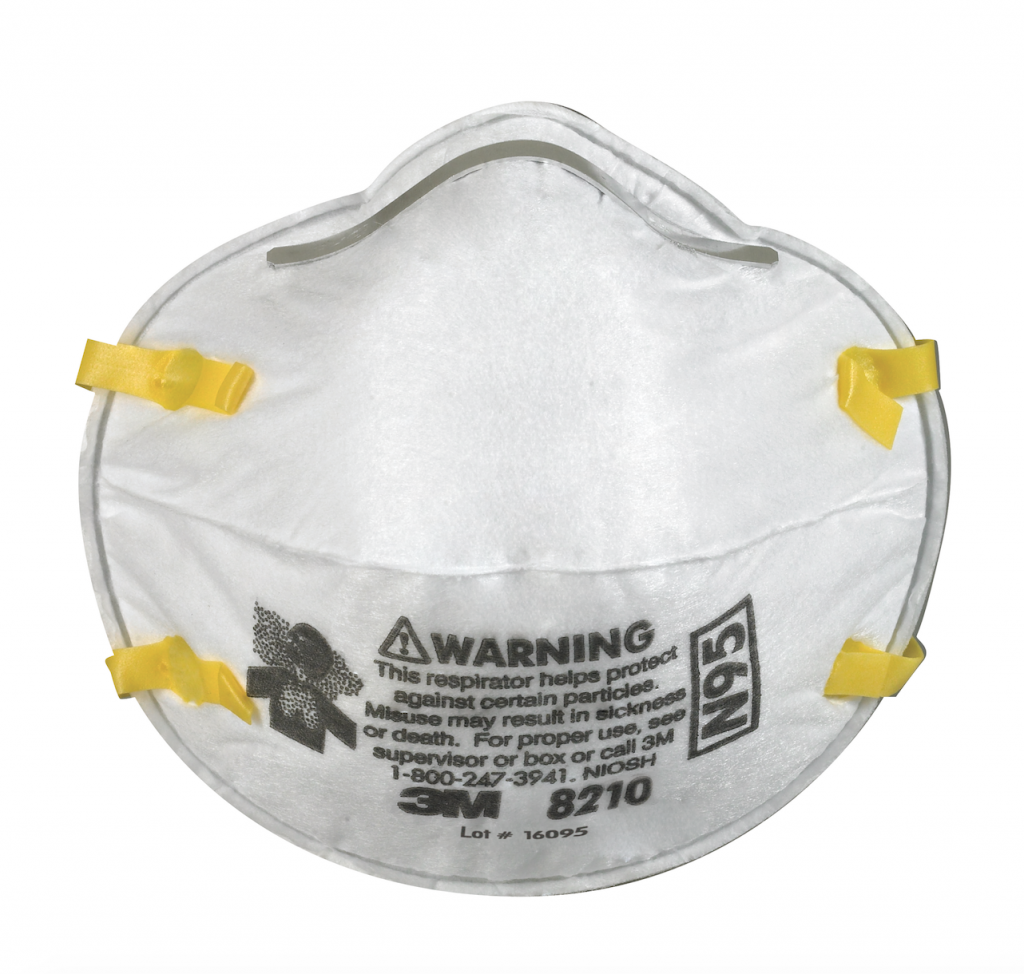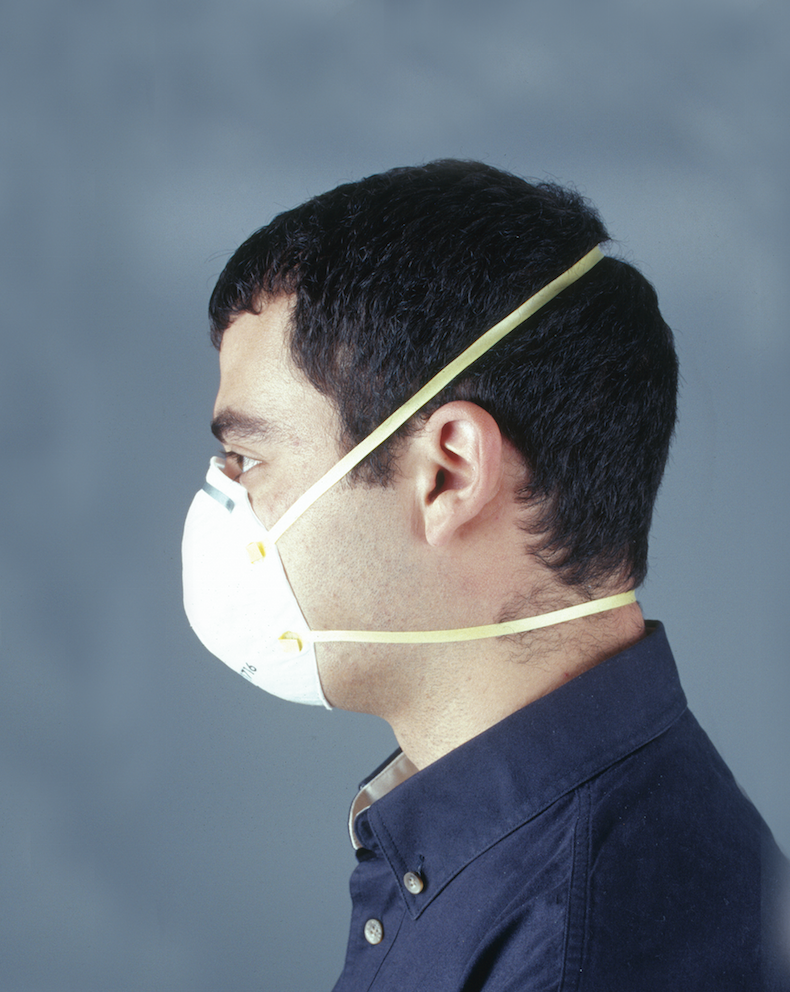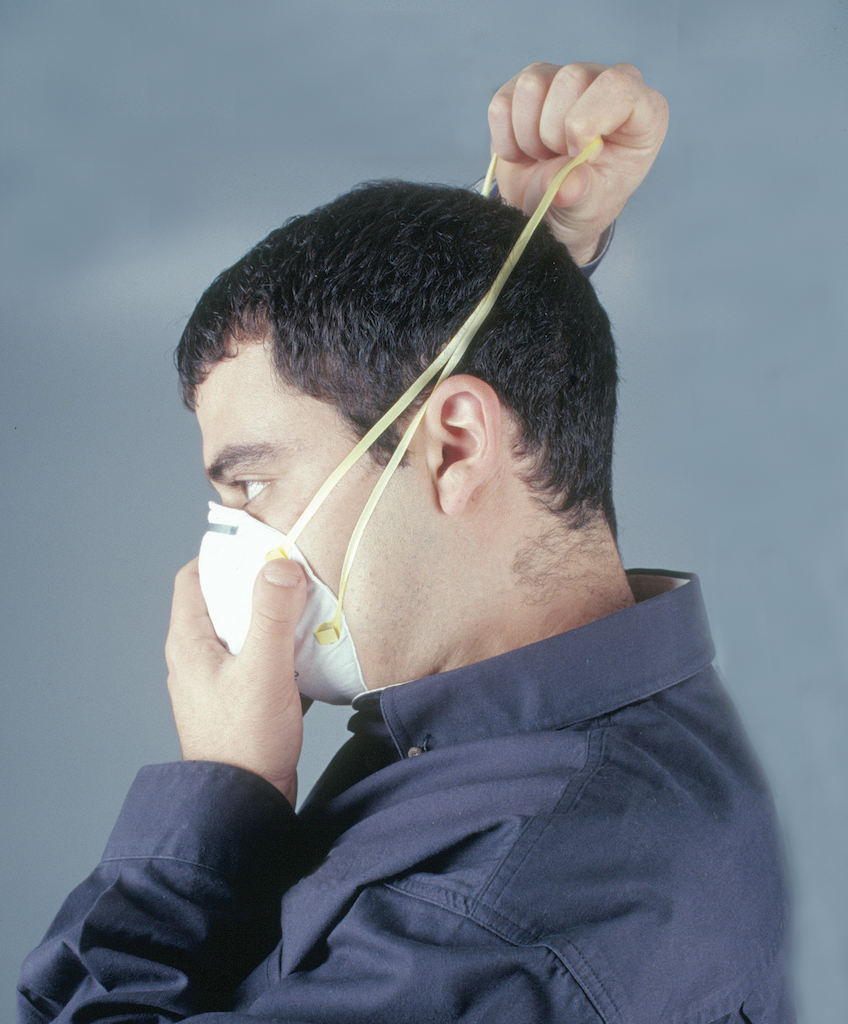Even though the haze has been enveloping the whole of the Klang Valley for an extended period of time now, there is still a lack of urgency for precaution amongst the public. Evidently, it is highly important for Malaysians to understand the appropriate precautionary measures to take in the fight against the haze.
Most Malaysians use regular surgical masks, medical masks or patient care masks when outdoors, but those masks aren’t designed to protect you from the haze as they cannot seal the face completely, allowing air and other particles from the haze to leak through the edges.
For that reason, you should get you hands on the N95 respirators as a precautionary measure to avoid exposure to the haze. N95 respirators wouldn’t safeguard you against the haze completely, but these masks have been tested and certified by the National Institute for Occupational Safety and Health (NIOSH) USA to be at least 95% efficient when tested against very fine particles that are the most difficult to filter – approximately 0.3 microns.
The Ministry of Health (MOH) have also advised the public to use N95 respirators when the Air Pollutant Index (API) reading exceeds 101. When the API reaches 300 and above, which is at a very unhealthy level, avoid being outdoors and ensure that you are constantly equipped with an N95 respirator.
To use the N95 respirators, check out this guideline:
- The fitting of the respirator is important. Following the fitting instructions provided with the respirator to help you achieve maximum protection. If a respirator does not fit properly, airborne contaminants may penetrate through the leaks on the face-piece seal.
- Anything that comes between the respirator and your face will make the respirator less effective by interfering with its fit. Men should be clean-shaven when using the respirator. Hair, jewellery and clothing should not be between your skin and the respirator.
- For greatest effectiveness respirators need to be worn during the entire time you are outside.
- Disposable N95 respirators are designed for adults, not for infants and toddlers.
- Individuals with a compromised respiratory system, such as asthma or emphysema or those with a history of heart disease should consult a physician before wearing a respirator.
- Respirators may help reduce exposure to airborne contaminants, but they don’t eliminate the risk of exposure, symptoms and sickness.
- Disposable N95 respirators should not be shared or washed. They should be immediately disposed of after use.
3M N95 masks are available at major outlets like Homepro, BIG Supermarket, Village Grocer, Homefix, Tesco, Guardian and Caring Pharmacy. A basic N95 respirator costs about RM6 per piece. For more tips and tricks to properly use the respirator, access this website.












